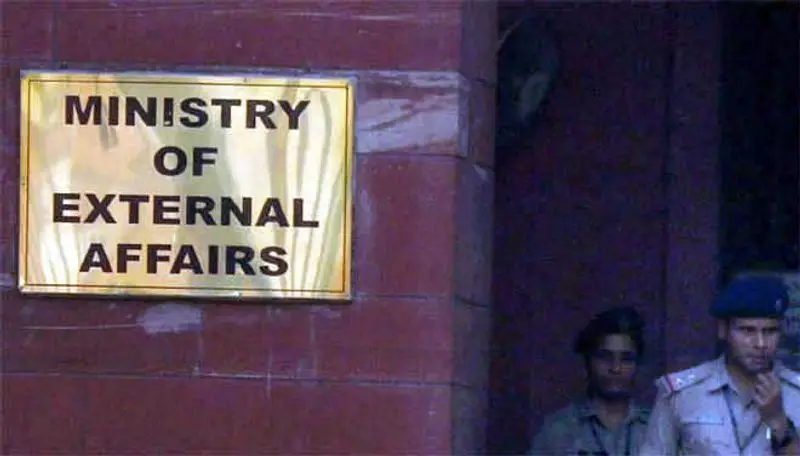
In a significant strategic development, India has officially concluded its military presence at the Ayni Airbase in Tajikistan, bringing to a close a 22-year chapter of military cooperation between the two nations. The Ministry of External Affairs has confirmed the complete withdrawal of Indian personnel and assets from the facility.
The Ayni Airbase, located approximately 15 kilometers from Tajikistan's capital Dushanbe, had served as India's sole military base in Central Asia since its operationalization in the early 2000s. The facility represented a key strategic asset in India's foreign policy towards the resource-rich Central Asian region.
Strategic Importance and Historical Context
India's involvement with the Ayni Airbase began in 2002, when New Delhi committed to upgrading the Soviet-era facility. The Indian government invested significantly in modernizing the airbase infrastructure, including:
- Extending and strengthening the runway to accommodate various aircraft
- Installing modern navigation and air traffic control systems
- Constructing hangars and maintenance facilities
- Building perimeter security and support infrastructure
The airbase served multiple strategic purposes for India, including providing logistical support for humanitarian missions, serving as a listening post in the region, and strengthening India's ties with Tajikistan amid growing Chinese and Pakistani influence in Central Asia.
Recent Developments and Withdrawal Process
According to official sources, the withdrawal process has been underway for several months, with Indian personnel gradually being redeployed and equipment being transferred back to India. The Ministry of External Affairs has characterized the move as part of a "regular review of our overseas deployments" rather than any deterioration in bilateral relations.
Diplomatic sources indicate that India and Tajikistan continue to maintain strong bilateral ties, with cooperation continuing in other areas including counter-terrorism, economic partnerships, and development assistance.
Regional Implications
The vacating of Ayni Airbase comes at a time of shifting geopolitical dynamics in Central Asia. The region has seen increased engagement from multiple global powers, including:
- China's expanding Belt and Road Initiative investments
- Russia's historical security partnerships in the region
- Growing interest from Middle Eastern powers
- Continued US and European engagement in Afghanistan-related security matters
Security analysts suggest that India's withdrawal from Ayni does not necessarily indicate a reduced interest in Central Asia, but rather a recalibration of its engagement strategy in the region.
The Indian government has emphasized that its partnership with Tajikistan remains strong, with continued cooperation in areas of mutual interest including security, economic development, and cultural exchange.





